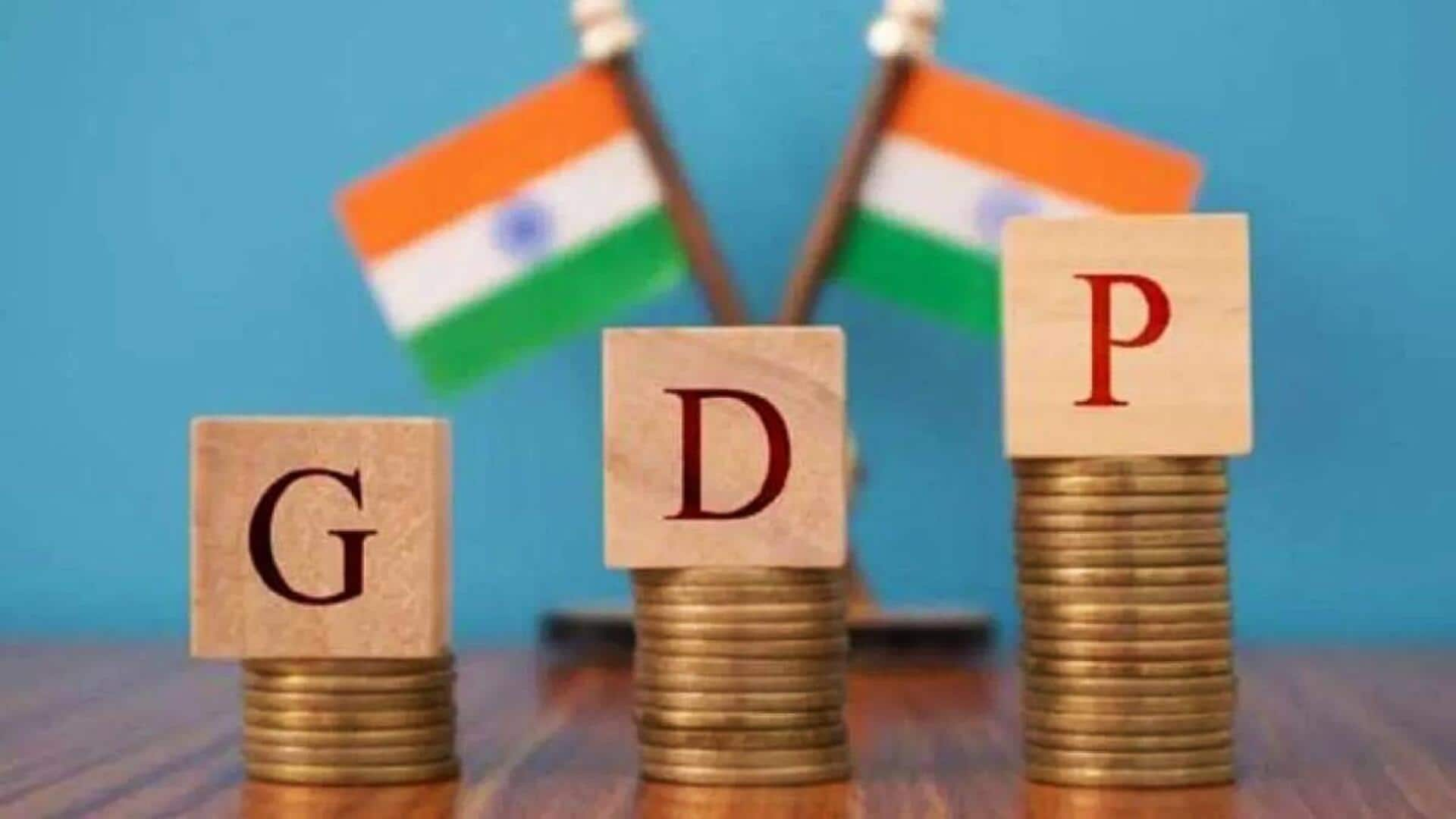India to shift GDP base year from 2011-12 to 2022-23
What's the story
The Indian government is set to revise the base year for calculating Gross Domestic Product (GDP) from 2011-12 to 2022-23.
The Minister of State for Statistics and Programme Implementation, Rao Inderjit Singh, said this in a written reply in the Rajya Sabha.
The change, expected by February 2026, will provide a more accurate representation of the country's economic structure.
The decision comes as the first such revision in over a decade since the last update was made in 2011-12.
Transition management
Committee formed to oversee GDP base year transition
Rao informed the House that the transition process will be supervised by a 26-member Advisory Committee on National Accounts Statistics (ACNAS), headed by Biswanath Goldar.
The committee will have to find new data sources and improve the methodology for the compilation of National Accounts Statistics.
It includes representatives from the Central and State Governments, the Reserve Bank of India (RBI), academia, and researchers.
Economic reflection
Why is the revision necessary?
The revision of the GDP base year is important to accurately reflect structural changes in the economy.
These include shifts in consumption patterns, sectoral contributions, and the inclusion of emerging sectors.
By aligning with the economic realities of 2022-23, the revised series will provide a more precise framework for policymaking and analysis.
Data improvement
Government's measures to enhance statistical system
The government is taking a number of steps to strengthen the statistical system.
These include standardizing data structures for uniform quality reporting across the National Statistical System, using administrative data for improved accuracy in statistical compilations, and launching a new economic census by the Ministry of Statistics and Programme Implementation (MOSPI) to provide detailed data on economic activities.
Employment insights
Monthly labor force estimates from 2025
Starting January 2025, MOSPI will issue monthly estimates of the Periodic Labour Force Survey (PLFS) to provide more frequent insights into employment trends across India.
The move highlights the government's focus on data-driven decision-making and strong data governance through uniform guidelines.
However, challenges remain like reluctance among some affluent neighborhoods to participate in government surveys, which may affect data collection efforts.
